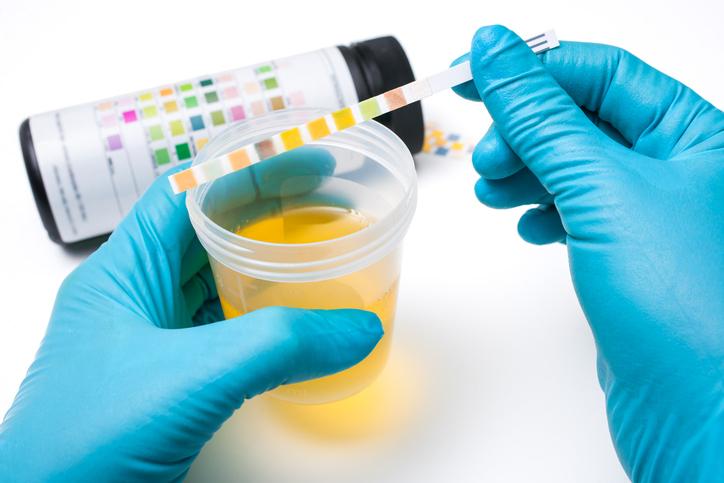
Campaign to mandate testing for T1D for children
Practice Nurse 2025;55(4):7
Parents of a toddler who died from diabetic ketoacidosis as a result of undiagnosed type 1 diabetes have launched a campaign calling for compulsory testing for the condition in babies, toddlers, children, and adolescents at the point of care.
John Story, from Hull, is calling for the Government to introduce ‘Lyla’s Law’ after his two-year-old daughter died in May this year, less than 16 hours after being seen by a GP.
Lyla’s mother reported symptoms including excessive urination, lethargy and extreme tiredness (Lyla fell asleep during the consultation), loss of appetite and increased thirst, episodes of vomiting, and sudden overnight weight loss. Lyla was diagnosed with tonsillitis and prescribed antibiotics and paracetamol, and her parents were told to seek further care if she did not improve in the next 24 hours. But she died at home the same night.
Tests conducted during attempts to resuscitate Lyla revealed that her HbA1c level was 89 mmol/mol and her ketone level was 6.0 mmol/l – ten times acceptable levels.
Mr Story said: ‘Lyla’s death was preventable. A simple urine dip test could have revealed elevated ketones, prompting an urgent referral in line with NICE Guideline NG18. Her story is not isolated. I have received over 200 messages from families whose children were diagnosed with Type 1 Diabetes only after being admitted to hospital in diabetic ketoacidosis (DKA). Only two were diagnosed at the initial GP consultation.
‘Young children are often unable to express or describe their symptoms. It is therefore crucial that clinicians take the time to thoroughly assess all presenting signs and symptoms, leaving no room for assumptions.
‘This is not a political issue – it is a matter of safeguarding children’s lives through awareness, education, and early detection.’
Lyla’s Law would ensure:
- Routine diabetes testing (urine and/or blood) for children presenting with relevant symptoms*
- Greater awareness and adherence to NICE guidelines among healthcare professionals
- Protection for vulnerable children who cannot articulate their symptoms
*Relevant symptoms are commonly known as the 4Ts – Toileting, Thirst, Tiredness and Thinning (weight loss).
A petition calling for Government to fund routine testing is available at https://petition.parliament.uk/petitions/728677, and currently has 21,000 signatures.
The Government responded: ‘NHS England provides diabetes care in children. Due to insufficient evidence supporting routine mandatory testing for paediatric type 1 diabetes it has no plans to introduce this at the current time.’
Related news
View all News